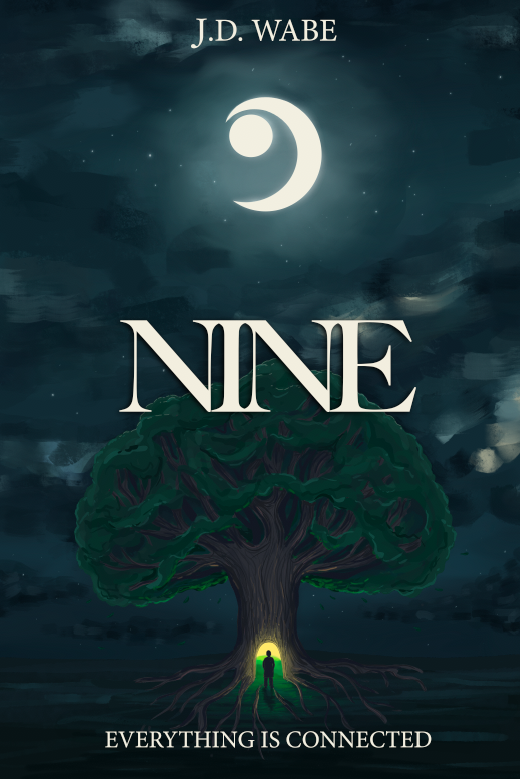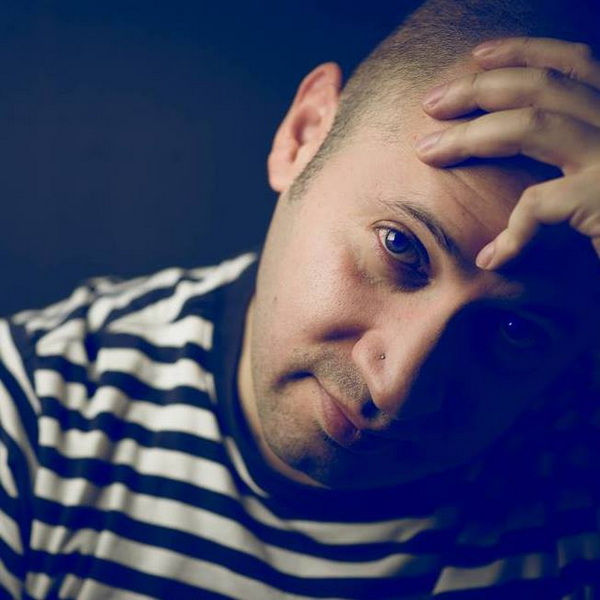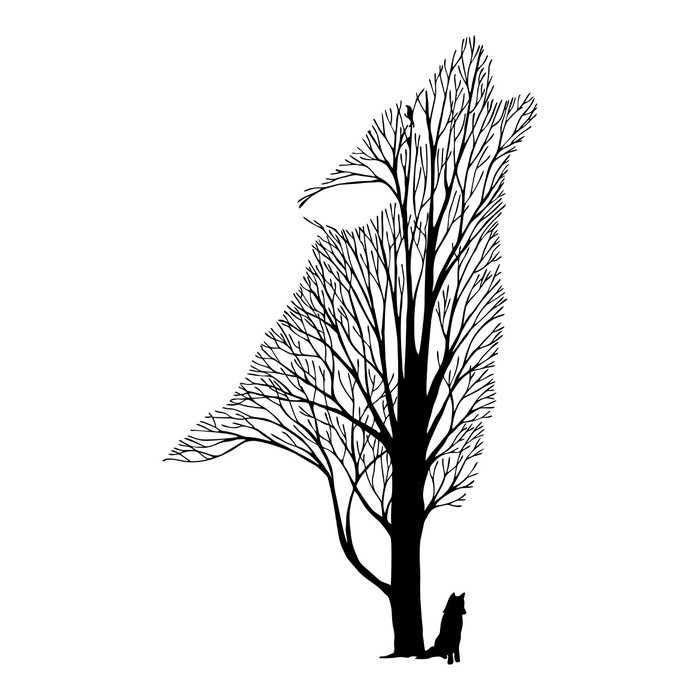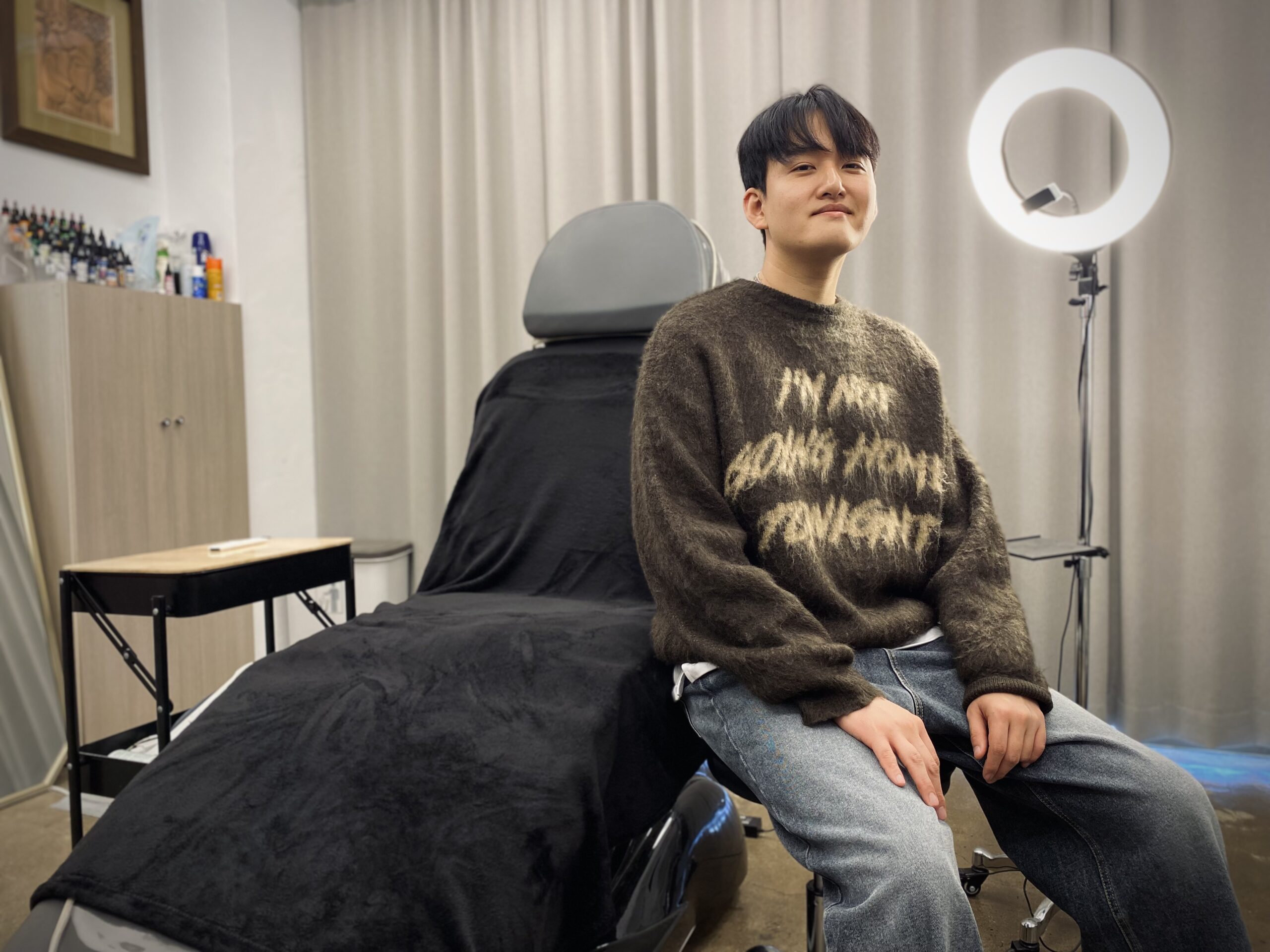NINE: An Interview with Its Author J.D. Wabe
Interviewed by William Urbanski
Writing a novel is something that virtually everyone thinks about at some point but very few people actually do. This is probably because it is one thing to have a great idea but another thing entirely to sit down, put pen to paper, and produce a cohesive and compelling narrative with a beginning, middle, and end.
Joe Wabe, a friend of the Gwangju News who has lived in Korea for about twenty years, recently completed his first novel entitled NINE. The Gwangju News was happy to have Wabe shed some light on the thought process as well as the practical “nuts and bolts” considerations that went into this gargantuan project.

Gwangju News (GN): Congratulations on your first book! I really liked it!
J.D. Wabe: Thank you for the kind words. It’s been almost two years since I started this project, and it’s very heartening to hear those simple but encouraging words – words that inspire me to continue to share the story with as many people as possible.
GN: NINE, in my opinion, had a little bit of a post-apocalyptic tone and reminded me of some classic books like The Giver and The Hunger Games trilogy. What works – literary or otherwise – provided the inspiration for NINE?
J.D. Wabe: Although there’s a bit of this post-apocalyptic world that you mentioned, the book isn’t based on any such background. The story takes place in Nine’s newly discovered world, which is full of life, freedom, and love. The flashbacks of his dystopian world exposed the contrast between two worlds: one dark and frigid, and the other picturesque and vivid. As for the roots of my inspiration, rather than being inspired by other works of literature, the influence mostly came from my own experiences and emotions throughout the trials of my life. If I have to mention a few books that contributed to the shaping of NINE, I can name a couple: The Little Prince, Jonathan Livingston Seagull, and The Curious Incident of the Dog in the Night. They all have one thing in common: The main character embarks on a quest to find answers to the wonders that trouble souls. I also like to read the teachings of Buddha, and you can probably notice an enormous influence in the story as well.

GN: What was your target audience with NINE? Korean speakers? Young adults?
J.D. Wabe: I didn’t have an audience target when I started writing the book. That would have been a distraction and limited the process. I wanted to write the book in a voice that was accessible to all, regardless of whether it was here in Korea or the Himalayas. When I read a book that’s too complicated or descriptive, I lose interest right away. I wanted the story to flow smoothly, to be elaborated and detailed but not to where someone would say, “Okay, okay, I get it. Move on!” But once NINE was completed and the book was accepted for publication, it had to be categorized. The closest genre we found to match its content was young adult fantasy fiction.
GN: There were several prominent themes in the book such as the significance of dreams and the importance of having a personal connection to nature. Why were these themes important to you, and were you able to draw on your own experiences when incorporating them into the book?
J.D. Wabe: I wrote NINE originally intending to create a memorable gift for my daughter and the people I love. It was going to be a story with an inspiring message of love and hope. A story that could tell a little of my past and present emotions. The journey of a little boy, his fears, dreams, and transformation through love, wisdom, and bonding with nature. This is a metaphorical reflection of how I see the metamorphosis of my life. So, it was important to include all these essentials in order to create a story that truly expressed who I am.
GN: Without giving away too much of the plot, the book is critical of certain pedagogical techniques. One of the quotes that stood out to me was “‘The role of students is to learn from their masters, the role of the masters is to teach, and these roles are not interchangeable until the student becomes a master itself. Learning from other scholars who are not ready to provide knowledge can only lead to confusion and deception,’ one of the elderly masters in our Faculty had said.” Were these criticisms in any way influenced by your encounters with the Korean education system?
J.D. Wabe: It’s a simple answer: yes. And not just the education system; you can see this hierarchical paradigm in all corners of Korean culture. Masters and followers, and those roles are hardly interchangeable.

GN: There was a strong juxtaposition between the Faculty (which was high-tech, rigid, and adult-oriented) and the village in the forest (which was somewhat primitive, organic, and youth-focused). Why was it important to you to include such sharply contrasting backdrops to the story?
J.D. Wabe: It was important to emphasize the big contrast between where Nine came from and the new world. The sense of freedom and comradery he learned through the villagers helped him develop his new personality. This new self he transfigured into was a critical point in the story.
GN: Some of the critical characters in the story were anthropomorphized animals. Why do you think it was important to incorporate these characters into the story? That is to say, what do you think they add to the story that human characters could not have?
J.D. Wabe: I’m an animal lover and an aficionado of fables. To me, animals or nature represent a direct link with creation and are sources of inspiration. These lifeform voices represent enlightenment – an inner opening into the realm of spirit. By having these elements in the novel, I wanted to create an emphatic impression with its characters and a stronger bond.
GN: The ending of the book was quite unexpected, and again, without giving away too much of the plot, alluded to the circular nature of time. Do you think that there is too much of an emphasis in contemporary society placed on the adherence to a linear concept of time?
J.D. Wabe: To be honest, the ending was quite unexpected for me as well. I had an idea for a different ending, but once I began writing, the book wrote itself and the events that followed opened a gate for its finale. Our society places too much emphasis on clocks that aren’t accurate and made-up calendars, which are very linear. I wanted to incorporate principals of time relativity – time that was irrelevant. That’s how time gave birth to an end – an end that gave birth to a new start.
GN: You mentioned NINE will be produced by a publisher in New York. What is happening with the publishing process?
J.D. Wabe: I submitted NINE to different literacy agencies and publishers last year in January. It wasn’t until April 2021 that I received an email of acceptance by a publisher in New York and a follow-up contract. To produce a book, it’s a slow process that takes anywhere from 10 to up to 18 months. According to my contract, NINE was supposed to be released somewhere at the end of February. But because of the impact of COVID-19 in America on standard manufacturing processes (production, demand, and supply), the book might be released a bit later than expected. Most of the crucial steps have been completed (ISBN registration, in-house formatting, cover design, and manuscript editing), and I’m basically waiting for the printing process and delivery. I keep my hopes up that it’ll be released early this year.

GN: Do you have any plans to expand the NINE universe? Perhaps with a sequel or a prequel?
J.D. Wabe: Not at the moment. The idea quickly passed through my mind. It didn’t stay long, though. I like the way NINE turned out, a standalone short but elaborate novel. But who knows? Maybe one day I’ll wake up with an idea for a sequel or prequel and embark on another writing journey with the same character. Currently, I’m working on a new project, a recent novel with two new characters: a boy and his half-brother. It’s a contemporary story based on the golden 1980s, but I guess we can talk about that a few months later. Thank you for taking the time to read the book, for your review, and for this thoughtful interview. I hope NINE can soon be in everyone’s hands. Happy New Year of the wolf! – I mean, Tiger.
Photographs and graphics courtesy of J.D.Wabe
The Author
William Urbanski is the managing editor of the Gwangju News. Instagram: @will_il_gatto



